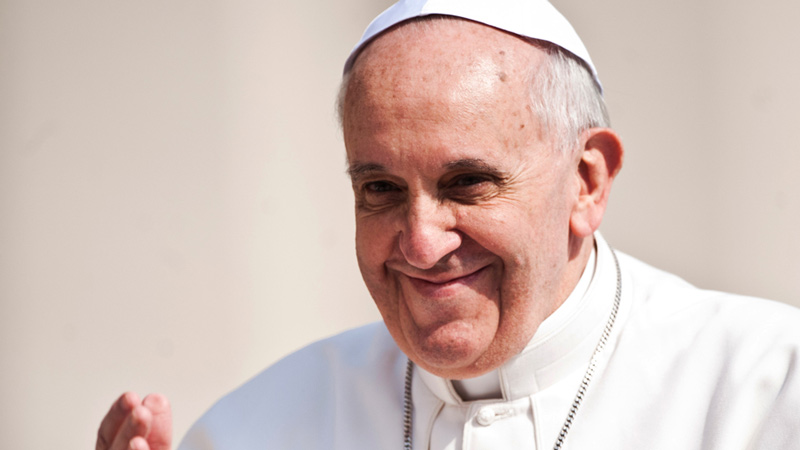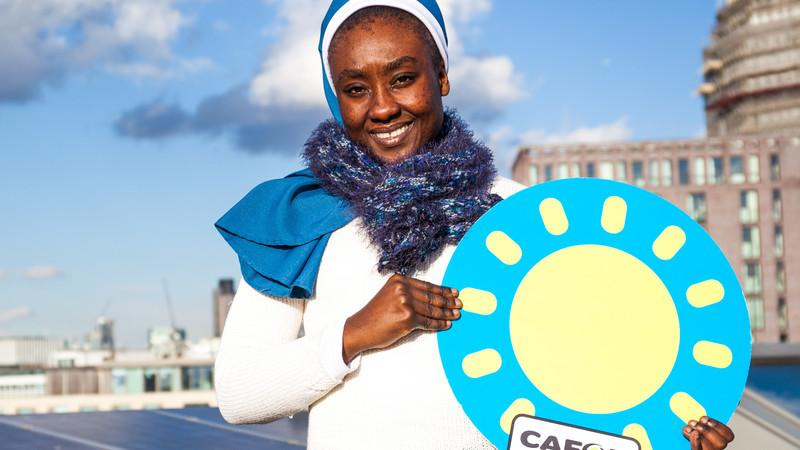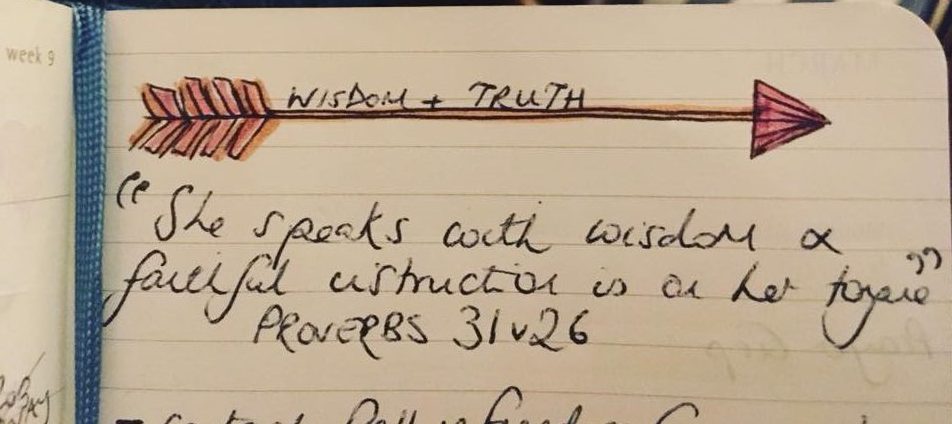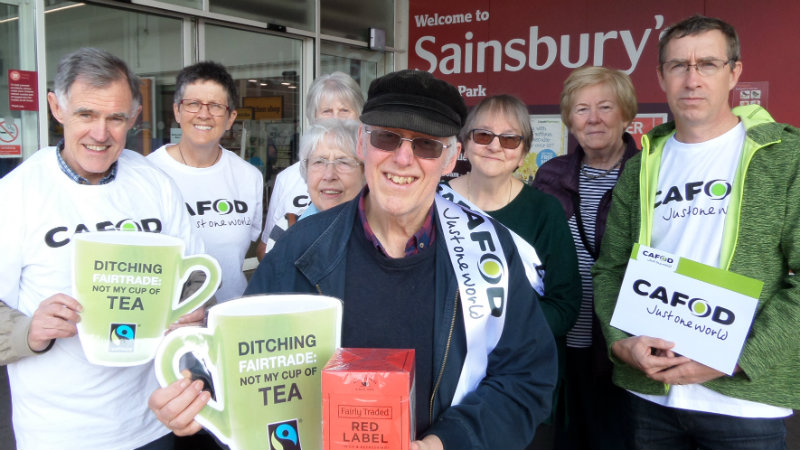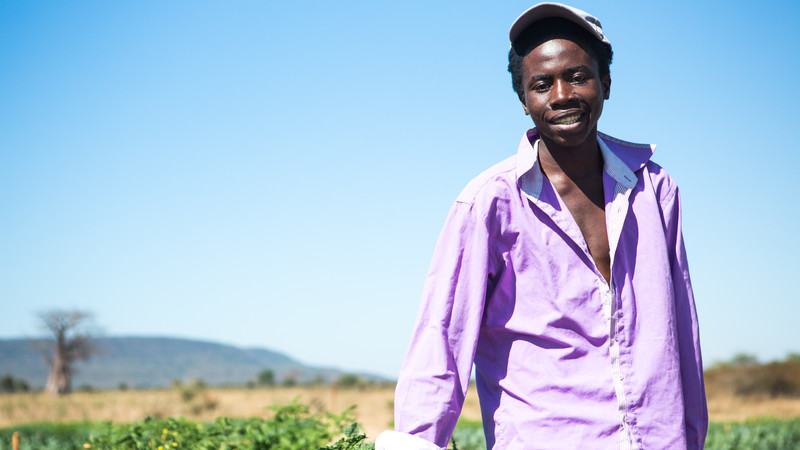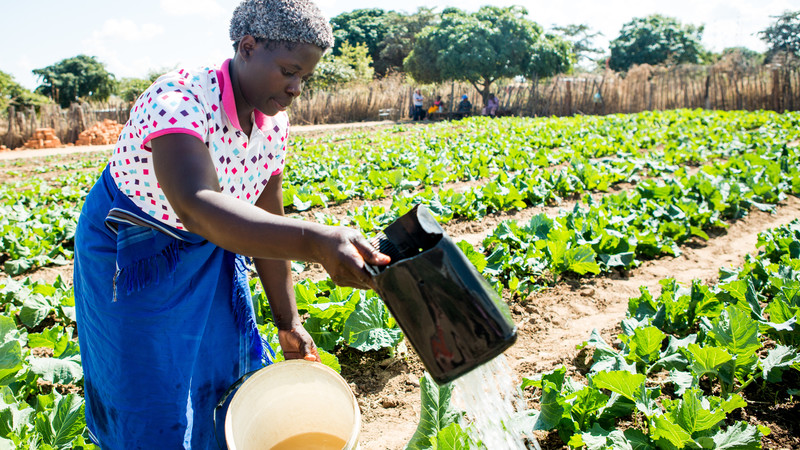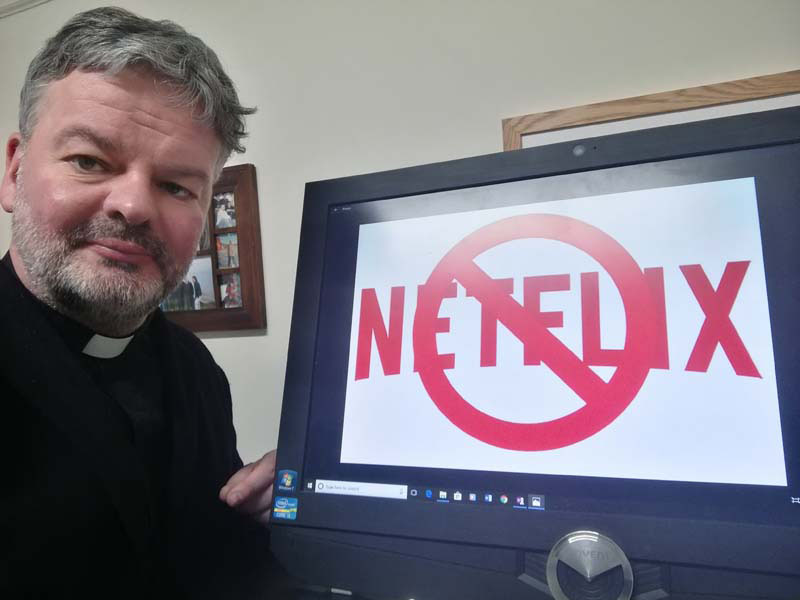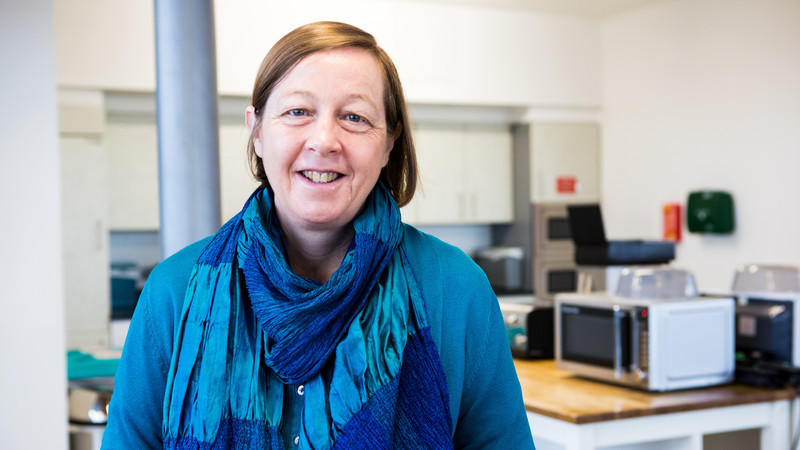Pope Francis’s new letter to us all
April 23, 2018
The week before last Pope Francis issued his fifth major document since beginning his papacy. It is largely a sustained meditation on the Beatitudes and how they can be lived out here and now. It is called Gaudete et Exsultate (Rejoice and be glad); and its subtitle is A call to holiness in today’s world. So what, according to Francis, does it mean to be holy? Susy, from our Theology team, highlights some key points.
According to Francis, if you are by nature timid, morose, acerbic or melancholy, prone to put on a dreary face or swoon in a mystic rapture then you are heading in the wrong direction! Here are four ways of being holy that Francis advocates. I think they will be particularly pertinent to you as a CAFOD supporter:
1. Live out your faith in a practical way
Pope Francis always stresses that we must live out our faith in a practical way (#109). This means, that in our lives and in our work, we are urged to labour “with integrity and skill in the service” of our brothers and sisters (#14).
